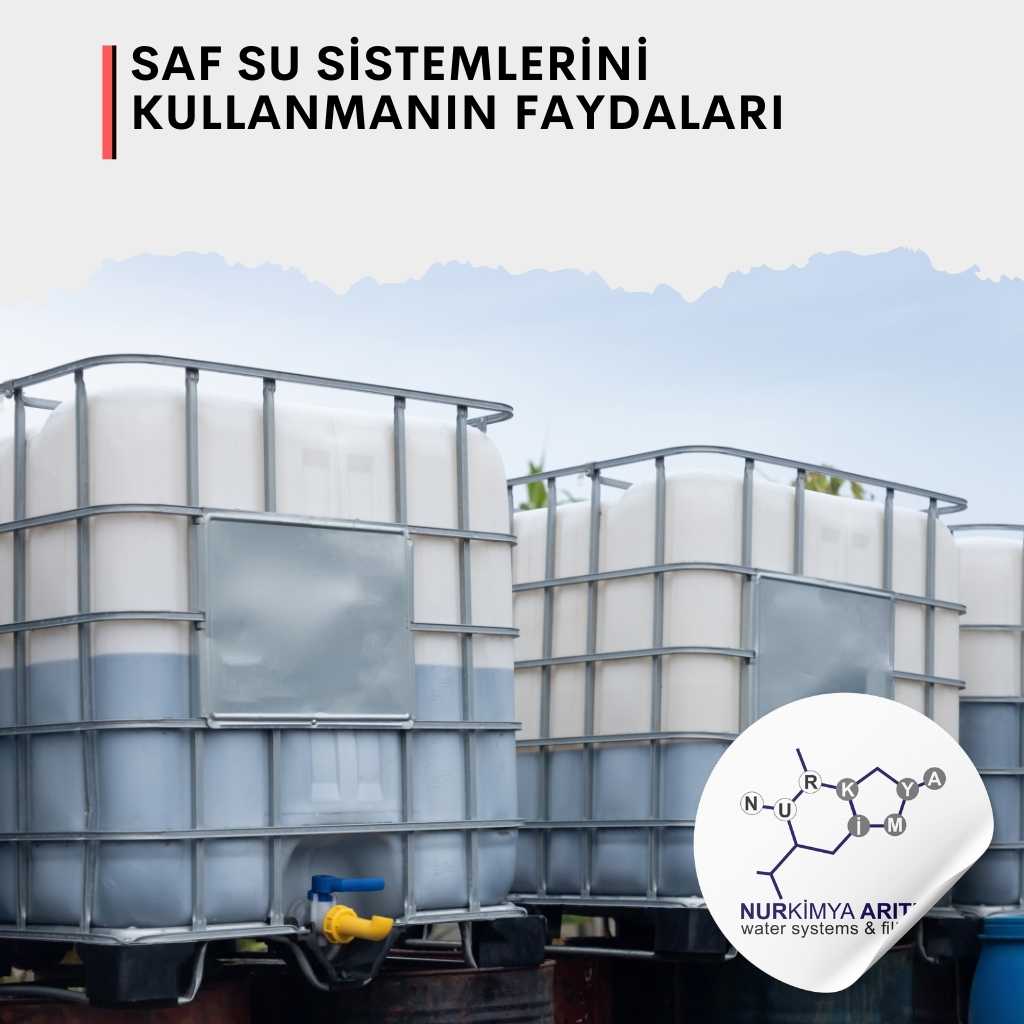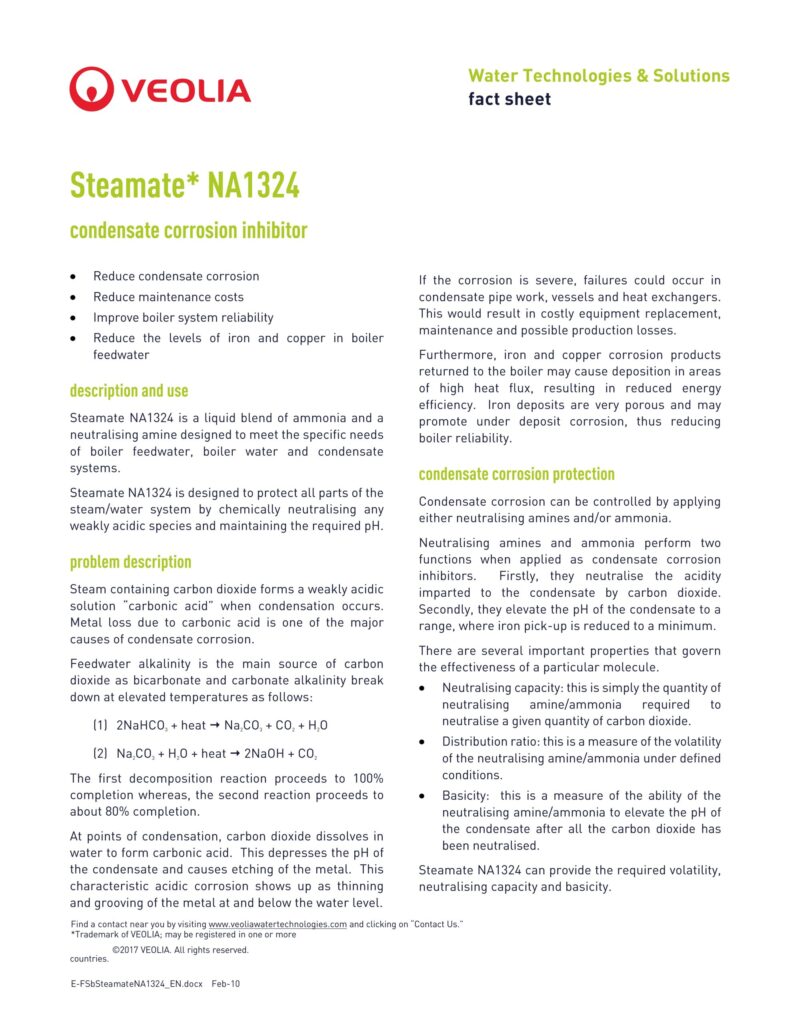
Novus* CE1647
cationic emulsion polymer
- Increases efficiency of sludge dewatering operations
- Improves suspended solids removal operations and effluent quality
- Improved cost/performance
- Produces shear resistant floc
- Easily fed liquid emulsion
description and use
Novus CE1647 is a liquid, high molecular weight cationic emulsion polymer. This product may be used effectively in solid/liquid separation applications and sludge dewatering. It is a structured copolymer designed to function in industrial wastewater applications.
Novus CE1647 is effective in dewatering wastes in the organic chemical, oil refining, steel, aluminium, food and pharmaceutical industries. Benefits include higher solids capture, drier cake, cleaner effluent and increased throughput.
treatment and feeding recommendations
Prior to initial use, Novus CE1647 should be thoroughly agitated with a drum mixer or recirculating pump for 30 to 60 minutes to ensure homogeneity. Remix the polymer for several minutes each day thereafter; bulk system recirculation systems should be operated for 30 to 60 minutes daily. Avoid water contamination due to either condensation or water droplets (such as rain) in open containers.
Novus CE1647 can be prepared either by using a continuous emulsion make down unit or by using a batch system. When a continuous system is used to make-down the emulsion polymer, the concentration
Water Technologies & Solutions fact sheet
range required for proper inversion is 0.5 to 1.0%. Once the inversion has been successfully completed, the resultant solution can be further reduced to a concentration that is appropriate for the application.
stock solutions preparation
Fill the solution preparation tank with water till the agitator blade is fully immersed. Begin agitating and slowly add the premixed polymer to the solution tank, either through a disperser unit or directly into the vortex of the tank solution. Do not add water to polymer.
Continue to fill the tank with water to achieve a 0.5% to 1.0% solution. Continue to mix for an additional 10 to 20 minutes at low speed (350 rpm) to complete activity development. Note that high speed agitation should be avoided since it may lead to improper activation the polymer. Transfer the stock solution to a holding tank to provide for continuous polymer supply, further diluting to approximately 0.2% before the point of application. Continuous feed is recommended.
Neat Novus CE1647 can be handled with any appropriately sized gear or diaphragm pump suitable for viscosities up to approximately 1500 cps. Type 304 or 316 stainless steel, Teflon (registered trademark of the Chemours company) and PE/PP are satisfactory for tanks, tubing, piping and pumps. Viton (registered trademark of the Chemours company) and fluoro- silicon type rubbers can be used for pump components and hose linings. Flexible PVC tubing such as Tygon (registered trademark of Saint-Gobain Corporation), Buna-N and Neoprene rubber can be used for short-term installations, but may not be satisfactory in permanent applications.
Find a contact near you by visiting www.veoliawatertechnologies.com and clicking on “Contact Us.” *Trademark of veolia; may be registered in one or more countries.
©2018 veolia. All rights reserved.
Mild steel and copper alloys should only be used if discoloration of the polymer by corrosion products is tolerable.
Stock solutions should be handled with the same materials of construction. Positive displacement pumps such as gear or piston pumps can be used to meter the solution to the point of application. Bulk tank storage should include a desiccant and recirculation system. Tanks should be installed according to standard tank installation instructions. Consult your veolia representative for additional information on bulk feed options.
general properties
Physical properties of Novus CE1647 are shown on the Material Safety Data Sheet, a copy of which is available on request.
packaging information
Novus CE1647 is a liquid emulsion product, available in a variety of containers. Consult your veolia representative for delivery and packaging alternatives.
storage and handling
Store Novus CE1647 at moderate temperatures of 4 to 32°C, and protect from freezing. Bulk containers should be insulated to protect from extreme heat, extreme cold and extreme temperature variation. Neat polymer should be recirculated or mixed periodically to avoid product separation.
Recirculate one container volume per day. The recommended shelf life of the product is six months.
Spilled polymer is very slippery and precautions should be taken to avoid spills.
Small amounts of spilled polymer can be washed down with copious amounts of water. Large spills should be contained and absorbed on inert material and disposed as solid waste, prior to flushing with water. In a wet area use sand, grit or other suitable material to provide additional traction.
safety precautions
A Material Safety Data Sheet containing detailed information about this product is available on request.





